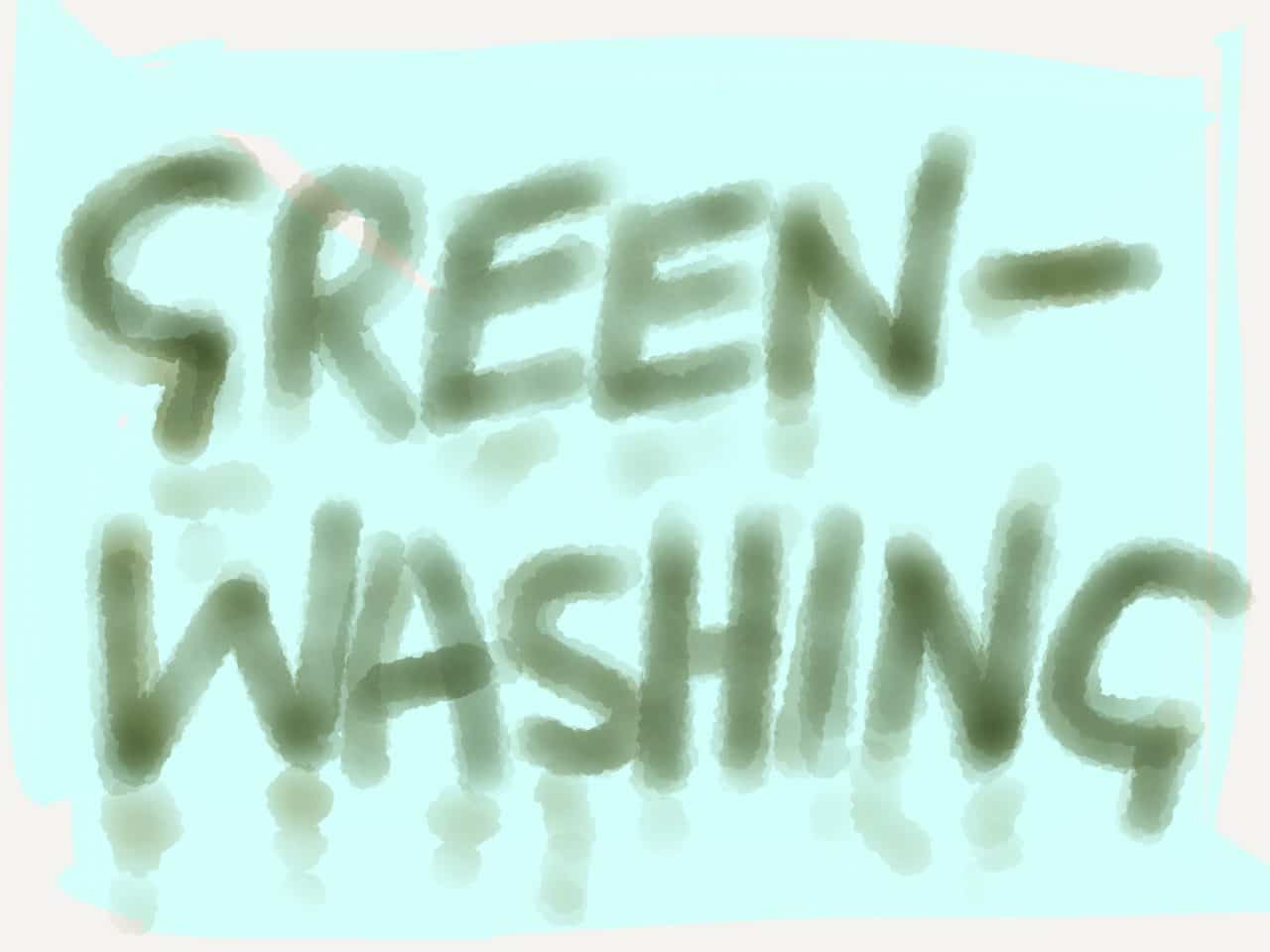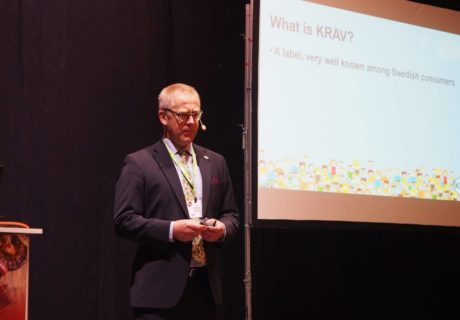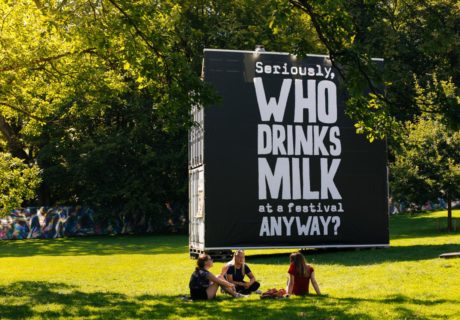A long-awaited ISO standard intended to provide an internationally recognised definition of ‘natural’ and ‘organic’ cosmetics ingredients threatens to “legitimize greenwash”.
That’s the warning from NATRUE, the Brussels-based natural and beauty non-profit.
NATRUE fears that the new standard, which in its current draft form permits the inclusion of high levels of ingredients from non-natural sources, will open the door to weaker standards for natural cosmetics and undermine the value of certified products.
Under the Final Draft International Standard (FDIS), the standard includes definitions of ingredients for ‘natural’, ‘derived natural’ and ‘non-natural’.
NATRUE says “there is no place in a certified or organic cosmetic for ‘non-natural’ ingredients” and it argues that the concept of non-natural is entirely at odds with consumer expectations.
NATRUE requires ‘derived-natural’ substances to start from a baseline of 100% natural, while the baseline for the ISO Guidelines is only 50%. This, the organisation says, means that 50% of an ingredient defined as ‘derived natural’ could technically come from a petrochemical or ‘non-natural’ sources.
NATRUE also warns that GM ingredients may be considered ‘natural’, in some circumstances at least, under the new ISO standard.
” … when it comes to cosmetics we risk introducing a kind of legitimized green-washing through the proposed ISO guidelines”
 NATRUE’s Label Manager Francesca Morgante comments: “This sector does not need another (weak) definition of what is natural and organic when it comes to cosmetics – we risk introducing a kind of “legitimized green-washing” through the proposed ISO guidelines. This sector needs to continue to set high natural and organic cosmetic standards, just as NATRUE does, and continue to work hard to explain to consumers the added value of natural and organic cosmetics for ourselves and for our world.”
NATRUE’s Label Manager Francesca Morgante comments: “This sector does not need another (weak) definition of what is natural and organic when it comes to cosmetics – we risk introducing a kind of “legitimized green-washing” through the proposed ISO guidelines. This sector needs to continue to set high natural and organic cosmetic standards, just as NATRUE does, and continue to work hard to explain to consumers the added value of natural and organic cosmetics for ourselves and for our world.”
NATRUE’s Label Manager Francesca Morgante, pictured this week at the London launch of the Natural Beauty Yearbook 2016





